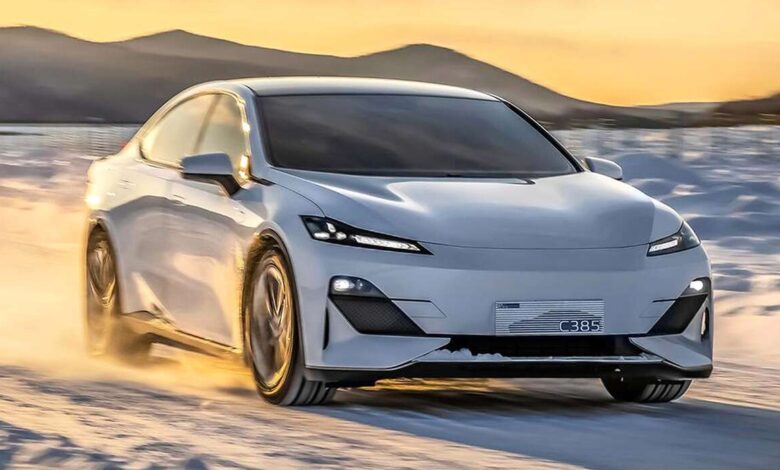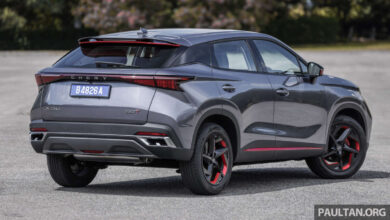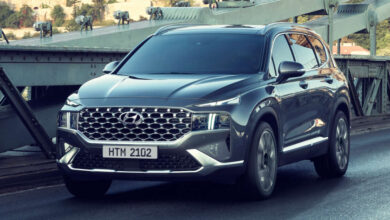Changan begins construction of its Thailand assembly plant – to build EVs from early 2025, 100k unit capacity

In April, Changan Automobile announced that it was set to expand its footprint in Southeast Asia by investing 9.8 billion baht (RM1.29 billion) to build a factory and develop electric vehicles in Thailand, with battery EVs, plug-in hybrids and range-extender models on the cards. It said it was also planning to produce batteries for domestic sale and export.
Seven months in, the Chinese automaker has begun construction of that facility, holding a groundbreaking ceremony for the new plant earlier this week. The factory will be housed in a 600 acre site located in the eastern economic corridor special zone in Rayong.
Expected to be up and running by early 2025, the plant, which will include painting, assembly, engine assembly and battery assembly lines as well as essential supporting facilities, will initially have the capacity to produce up to 100,000 units a year in its first phase of operations.
However, as Chinese state news agency Xinhua reports, the automaker’s total investment in Thailand is projected to reach up to 20 billion baht (about RM2.62 billion) by the second phase. At that point, total build capacity will reach 200,000 units per year, which will cover the entire ASEAN market as well as the global right-hand drive market.
Changan’s investment in Thailand is in alignment with the Thai government’s goal of having 30% its annual vehicle production being made up of EVs by 2030. It will however not be the only Chinese automaker with a presence in the Kingdom.
In addition to Changan, China’s carmakers such as Great Wall and BYD have built plants in Thailand to produce EVs. Meanwhile, SAIC Motor, which owns MG Motor, is set to invest 500 million baht (around RM66 million) to expand its existing plant to produce EV parts and batteries. There is also Hozon New Energy Automobile, which is looking to start production of the Neta V next year.
Other brands on their way in include Aion – a subsidiary of Guangzhou Automobile Corporation (GAC) – that will invest 6.4 billion baht (around RM840 million) to produce EVs in Thailand, while Chery Automobile is said to be ready to enter the market next year with “strong interest” in investments.
Having pushed hard for electrification, Thailand is currently a big market for EVs in Southeast Asia, with sales expected to hit 50,000 units this year, more than double the roughly 20,000 units managed in 2022. In the first half of 2023, over 31,000 EVs were registered in the country, with the Federation of Thai Industries stating that Chinese brands accounted for over 70% of domestic EV sales during the period.
Looking to sell your car? Sell it with myTukar.






